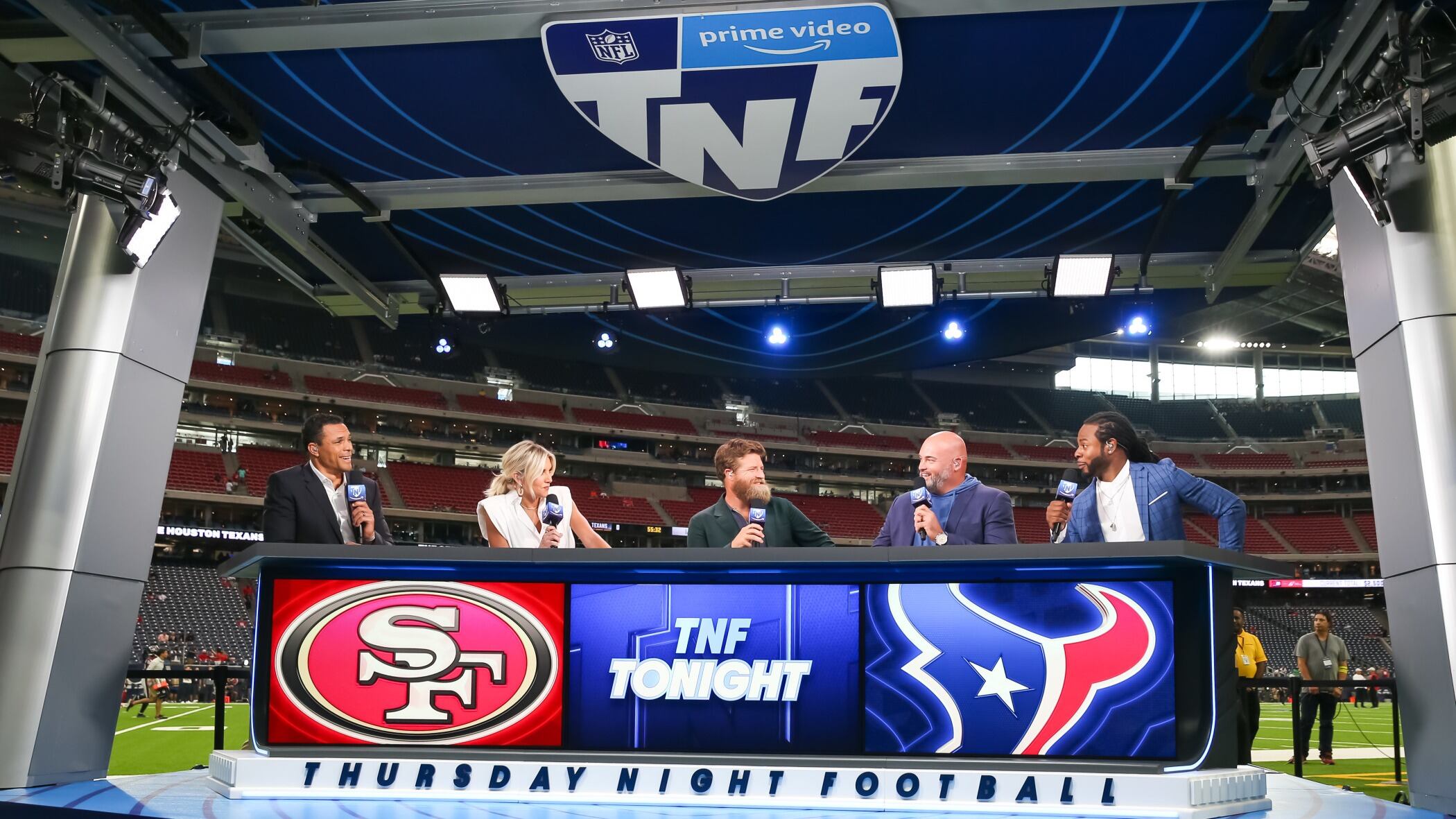For the entertainment industry, 2023 was a year to forget. Monthslong work stoppages by Hollywood actors and writers brought projects to a screeching halt, and left many programmers searching for ways to fill their schedules.
But amid this turbulence, Amazon stood out: It spent $18.9 billion on music and video in Q4 alone, an increase of 14% over 2022, and was able to point to wins with the Prime Video series Reacher, the Golden Globe–nominated film Air, and Thursday Night Football, which saw its audience grow by 24%. That audience growth may also be responsible for the e-commerce giant’s next big moves: more live sports—and more ads.
Earlier this week, Prime Video customers were greeted with a message on the platform: pay $3 a month, or start seeing commercials during formerly ad-free Prime Video content. While it may not be what users wanted, the logic isn’t hard to grasp. Amazon already delivers targeted ads to its customers just about everywhere else, so why not take advantage of its own programming?
During the company’s Q4 earnings call, CFO Brian Olsavsky called the expansion of ads “an important part of the total business model.” Olsavsky also reiterated that the company was aiming to show fewer ads than broadcast television and other streaming platforms.
And sports fans may soon have a few more reasons to watch Prime Video. In March 2023, Diamond Sports Group, which owns 18 networks under the Bally Sports banner, filed for Chapter 11 bankruptcy protection. With that announcement, fans of an astonishing 37 professional sports teams — including MLB’s Atlanta Braves and the NBA’s Los Angeles Clippers — suddenly didn’t know whether they’d be able to watch games.
Enter Amazon. Weeks ago, the company announced plans to invest $115 million in Diamond, to allow it to continue operations and to give Prime Video a pathway to broadcasting games for several new teams, such as the NHL’s Tampa Bay Lightning and MLB’s St. Louis Cardinals. While the plan still needs to be approved by a bankruptcy judge, and other details like pricing and availability need to be worked out, Amazon would suddenly gain access to dozens, if not hundreds, of new live sporting events, something it is no doubt bullish about following the success of Thursday Night Football.
While some consumers may still consider Amazon mostly a place to order toilet paper and cleaning products, it’s clear the company has designs on becoming an entertainment powerhouse on par with Disney. It continues to pour money into live sports, season two of The Lord of The Rings: Rings of Power is set for release later this year, and Amazon-owned MGM should have an answer as to which megastar will be taking up the James Bond mantle by 2025.
Combine that with new and upcoming Prime Video releases like Mr. and Mrs. Smith, starring Donald Glover and PEN15’s Maya Erskine, and the Jennifer Lopez documentary This Is Me…Now: A Love Story, and viewers should get used to watching a lot more Amazon content. And maybe a few more ads.













